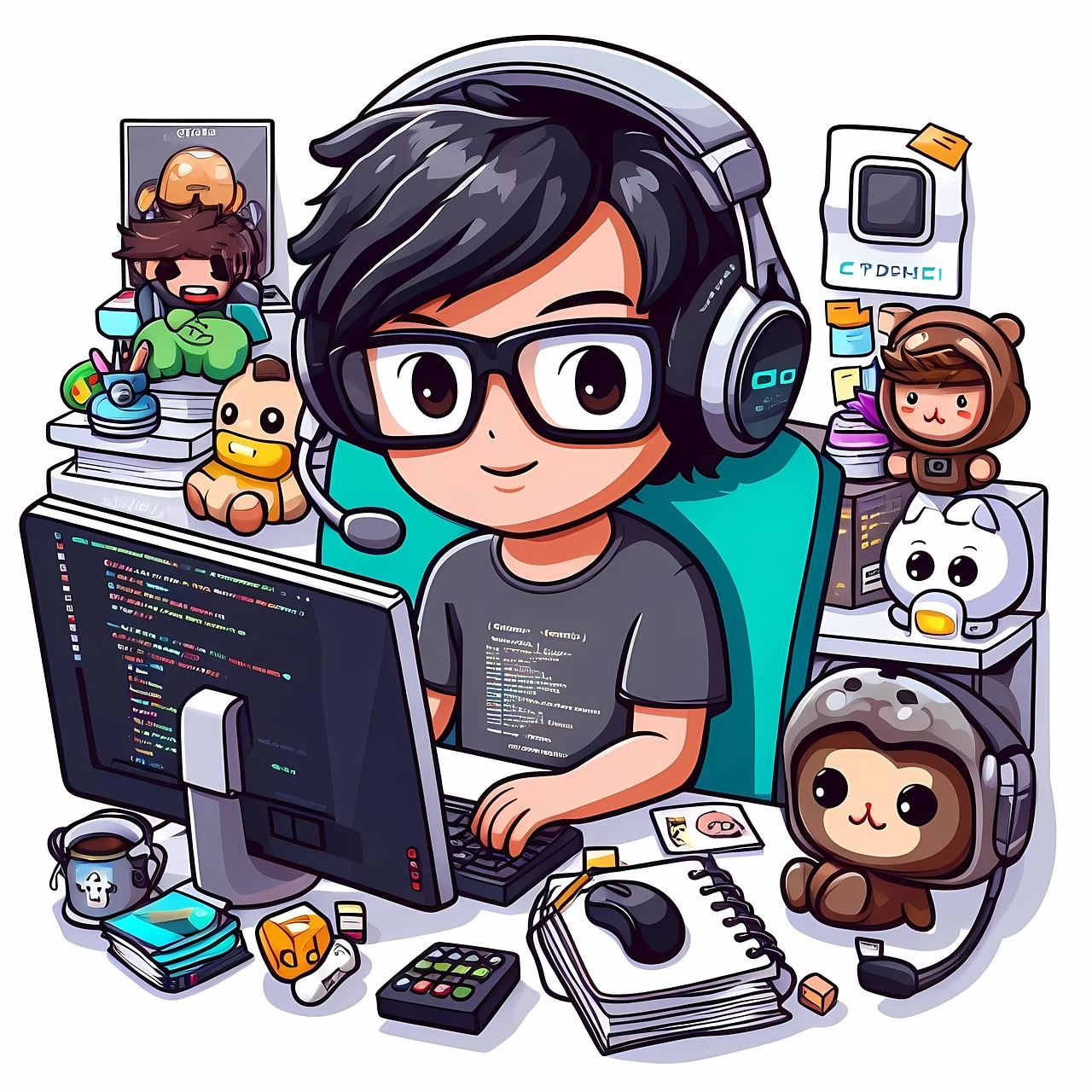“Vibe Coding: The Future of AI-Assisted Software Development
August 22, 2025 | by Olivia Sharp

Vibe Coding: The Future of AI-Assisted Software Development
In the ever-evolving landscape of software development, the integration of artificial intelligence is no longer a futuristic concept but a present-day reality. Among the burgeoning trends in this sphere, “Vibe Coding” is emerging as a compelling paradigm—where AI doesn’t just assist reactively but aligns intuitively with the developer’s creative rhythm and context.
What is Vibe Coding?
Traditional AI-assisted coding tools have focused on autocomplete features, bug detection, or suggesting snippets. While powerful, they often feel transactional, disconnected from the natural flow of human ingenuity. Vibe Coding proposes a different approach: AI systems that amplify the developer’s unique style, anticipate their needs without explicit commands, and foster an immersive collaboration.
This isn’t just about writing lines of code faster. It’s about creating an ambient intelligence that understands not only the syntax and logic but also the vibe, the pulse of your coding session—when you are experimenting, when you are debugging, or when you are in deep flow. The AI adapts its suggestions to respect that state rather than interrupt or overwhelm.
The Mechanics Behind Vibe Coding
Vibe Coding leverages advances in contextual machine learning, natural language processing, and behavioral analytics. It continuously analyzes your coding patterns, comments, and even your non-verbal cues like typing speed and cadence. By building a dynamic cognitive profile, it modulates its interventions to feel organic and timely.
For example, if the AI detects a creative flow state, it minimizes distractions and offers subtle, non-intrusive recommendations. During routine or repetitive tasks, it actively proposes automation or pre-built modules. This context sensitivity marks a shift from static toolsets to a more empathetic assistant.
Real-World Impact and Applications
Developers across industries are already experiencing the benefits of early Vibe Coding implementations. In startups, these adaptive tools accelerate prototyping cycles by intuiting feature needs before they’re crystallized into formal requirements. In large enterprises, the AI-enhanced environments reduce cognitive load for engineers juggling multiple projects, enabling them to maintain higher focus levels.
Moreover, this paradigm fosters a more inclusive environment. Junior coders benefit from gentle guidance tuned to their learning pace, while senior developers enjoy a frictionless augmentation of their expertise. By respecting individual workflows, Vibe Coding democratizes access to advanced programming capabilities.
Ethical Perspectives and Responsible Innovation
As with any AI-driven technology, the path to Vibe Coding requires careful navigation of ethical considerations. Transparency in how the AI learns from a developer’s data, robust privacy protections, and safeguards against over-dependence are crucial. The aim is to empower developers, not replace the intuition and creativity that define great software engineering.
The future we imagine is a partnership where AI augments human intellect, elevates productivity, and preserves the art of coding. Developers remain the architects, while AI is the adaptable toolkit—always ready, but never intrusive.
Conclusion
Vibe Coding represents a monumental step towards seamless AI-human collaboration in software development. By attuning itself to the developer’s vibe, this approach transcends the mechanical and embraces the human-centric nature of innovation. As these tools mature, the coding experience will evolve from transactional typing to a resonant dialogue—where technology doesn’t just react, but anticipates, complements, and inspires.
Developers, leaders, and AI innovators alike should watch this space closely. The future of coding is less about cold automation and more about creative symbiosis—where vibe and code converge to unlock new realms of possibility.

RELATED POSTS
View all



